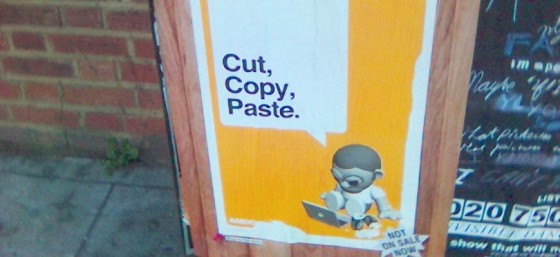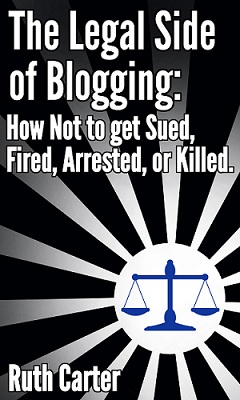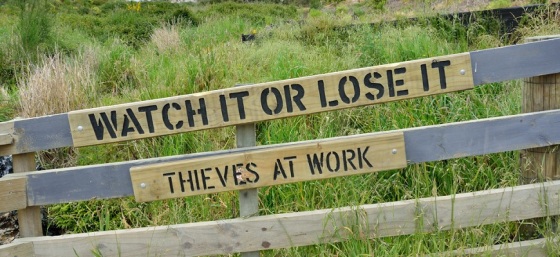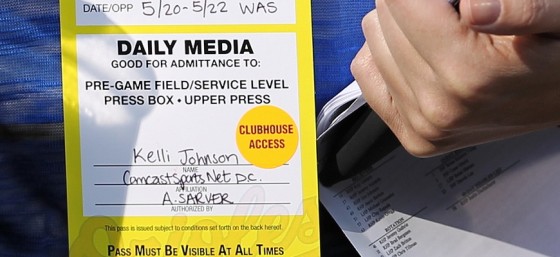
If you are making money from your blog, or you want to make money from your blog, you have a business. Treat it like the business that it is. You are no longer a hobbyist; you’re an entrepreneur.
Form a Business Entity
Creating a business entity is a relatively straightforward process. In general, it takes paperwork and money. Check with your state’s corporation commission or the secretary of state office to determine how much it will cost – because they significantly vary from state to state. If you have questions about whether you should form a limited liability company (LLC) or a corporation or whether you should form your business in your home state or elsewhere, as your accountant. Most clients I work with in Arizona opt to form Arizona LLCs.
The purpose of having a business entity is to protect you (the person) from liability. With a proper business entity, if the company gets sued, only the business assets will be on the line. Your personal assets (home, car, stuff, dog, etc.) will not be at risk.
Separate Bank Account and Credit Cards
You begin to protect yourself from liability by forming a business entity. The way you perfect that protection is by having separate bank accounts and credit cards for the company. You need to have a clear delineation between where you the person ends and the business begins. This often referred to as maintaining the “corporate veil.”
When you receive money as income, make sure business income passes through the business accounts. Additionally, when you spend money, use your personal accounts to pay for personal expenses (mortgage, groceries, etc.) and use the business accounts to pay for business expenses (office supplies, webhosting, etc.). To steal a line from Ghostbusters, “Don’t cross the streams.”
See your Accountant
Unless you’re a CPA, no entrepreneur should do their own taxes. You can probably make more money if you take the time you would need to do your own taxes to work on your business while someone else does your taxes for you. Having an accountant has saved me a lot of time and headaches. A good accountant is worth their weight in gold.
I love my accountant. He makes doing my taxes so easy. He’s been there to answer all my questions about what can and can’t claim as business expenses and what other information I should track, like mileage.
If you’re new to operating your blog as a business, or if you’ve been doing everything on your own up to now, do yourself a favor and hire a lawyer for an hour. Have a consultation to educate yourself about the legalities of running your business. As an entrepreneurial blogger, you want to be familiar with business formation, contract basics, privacy, copyright, trademarks, and the FTC rules regarding promotions and product reviews. There is a lot to know, but it’s not so complicated that a lay person can’t grasp and apply the concepts.
If you want more information about the legal rules regarding your blog and social media, please check out The Legal Side of Blogging: How Not to get Sued, Fired, Arrested, or Killed. If you want to chat with me about social media law, you can contact me directly or connect with me on Twitter, Facebook, YouTube, or LinkedIn. You can also get access to more exclusive content that’s shared only with my mailing list, by subscribing to the firm’s newsletter.










